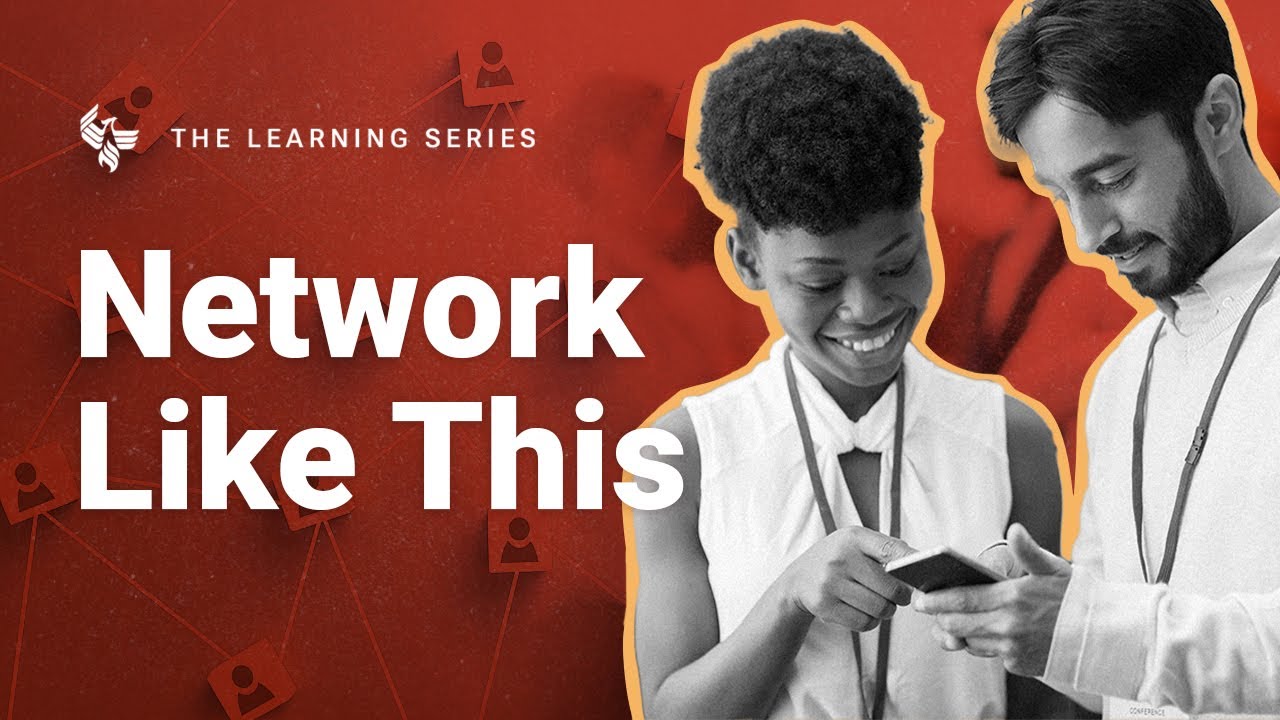What is social capital?

Written by Michael Feder

Reviewed by Kathryn Uhles, MIS, MSP, Dean, College of Business and IT

Building social capital is about more than being popular. It's when a person connects to other professionals in their field of interest and develops social ties. This can be through a mutual exchange of information and opportunities. It can also be through career advice, mentoring, or coaching in career development.
Why is social capital important?
Social capital can be built through one-on-one interactions, social relationships, and even group activities. The latter might involve a shared experience, such as going out for a happy hour or attending a company event. It can also be an individual pursuit, like taking a career development course.
Learning how to build social capital can be difficult for many people, particularly introverted or younger people who haven’t been in the working world very long. There are, however, some simple ways to build various types of social capital that will encourage career growth down the road.
Social capital can be categorized in three ways:
Bonding – This is usually found between members of a tight social group, hence their social bond. As research says, "Bonding social capital is often associated with local communities where many people know many other people in the group (network closure). Bonding social capital is often associated with strong norms, mores, and trust which can have both positive and negative manifestations and implications for social exclusion."
Bridging – Many types of social capital are found between people who are not part of the same general circles. For instance, someone may hang out with co-workers and also with friends who live in the same city but aren’t part of the same industry. Each is technically connected to other people within the group. Visualize these connections like a bridge, where one connection might lead to a new one.
Linking – Although this is similar to bridging social capital, it differs in one key way. Linking is a network of relationships across formal, institutional or explicit connections. For example, an elected official might have ties to the local community. They may also have deep roots in education, activism, or the entrepreneurial world.
If someone has professional social capital with another person, they may be able to ask them to "put in a good word" with their employer. Or if they are traveling to a foreign country and have social capital with someone who lives there, they may provide the traveler with a personalized list of hotel and restaurant recommendations. Or if they have an even higher level of social capital, or "cache" with that person, they may agree to play tour guide.
How can relationships enhance career development?
With enough social capital, you might be able to:
- Apply for a new job
- Pursue new opportunities at your current job (think job shadowing or joining an employee resource group)
- Transition into a new career
- Identify a mentor for advice and guidance to develop new skills and knowledge
- Collaborate on a work project with co-workers or other professionals in your field
- Gain exposure to career development opportunities others in your network might discover
Not all relationships with fellow workers offer the same value, especially in an organization with hierarchical relationships and status differences that affect access. Status provides authority, which is social capital that has value. For example, someone in the C-Suite can better connect with a wider range of people than an entry-level employee. senior executive is likely to have more immediate access to individuals throughout the company than a floor manager.
In addition, individuals from underrepresented communities and first-generation graduates are more likely to have limited social capital as it relates to providing access to career development opportunities.
Social capital can really benefit overall career development. However, like any other advantage, it’s only useful if you know how to leverage it.
How to build social capital
Here are several easy ways to build social capital:
- Join professional organizations in the field or a career of interest. Alumni organizations, for example, offer opportunities to connect with others in the same field of interest. Benefits of such organizations may include activities for leadership development, mentorship, interview coaching, and resumé writing.
- Join LinkedIn groups and start or actively engage in conversation by asking for help.
- Find events you to attend that challenge growth and understanding of the world. Some will be available nearby. Plenty of others will be online through virtual event companies and ticketing agencies. While there, make sure to connect with speakers and attendees and follow up with them either via email or a personalized message on LinkedIn.
- Build a network while understanding the importance of sharing knowledge, expertise, and diverse experiences. Continued learning is crucial in today’s working environment. Information and technology constantly evolve.
- Be authentic with people. When building a network, it’s crucial to be intentional and genuine when connecting with other professionals. As far as career development, invest time in developing meaningful relationships that benefit from a diverse network.
Improve your social capital with a focus on your career
Are you interested in improving your social capital to launch a new career, enhance your current one, or just improve your professional life in general? Building social capital isn’t the only way to achieve your goals. Career coaching may offer real benefits as well. University of Phoenix offers Career Services for Life® for current students and graduates of our degree programs.

ABOUT THE AUTHOR
A graduate of Johns Hopkins University and its Writing Seminars program and winner of the Stephen A. Dixon Literary Prize, Michael Feder brings an eye for detail and a passion for research to every article he writes. His academic and professional background includes experience in marketing, content development, script writing and SEO. Today, he works as a multimedia specialist at University of Phoenix where he covers a variety of topics ranging from healthcare to IT.

ABOUT THE REVIEWER
Currently Dean of the College of Business and Information Technology, Kathryn Uhles has served University of Phoenix in a variety of roles since 2006. Prior to joining University of Phoenix, Kathryn taught fifth grade to underprivileged youth in Phoenix.
This article has been vetted by University of Phoenix's editorial advisory committee.
Read more about our editorial process.
Read more articles like this:



